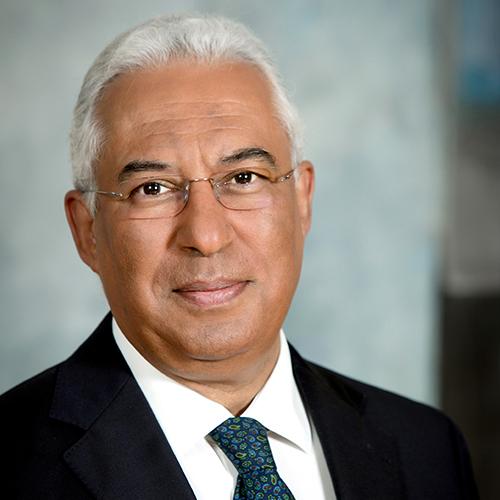TALLINN, ESTONIA (CHATNEWSTV) — Nigeria is solidifying its position as a key driver of Africa’s financial transformation, according to the European Investment Bank’s (EIB) 2024 Finance in Africa report, obtained by CHATNEWSTV on Friday.
The report highlights Nigeria’s leadership in digital finance and its pivotal role in advancing sustainable investments as key factors shaping its growing economic influence across the continent.
“Nigeria is leading the charge in fintech innovation, accounting for 28% of Africa’s fintech companies and drawing the largest share of investment in this sector,” the report noted. This prominence underscores Nigeria’s position as a regional powerhouse in digital financial services, with innovations in payment solutions and lending platforms fueling remarkable progress in financial inclusion.
Digital Finance: Nigeria at the Helm
Between 2020 and 2024, Nigeria’s fintech landscape expanded rapidly, contributing significantly to the continent’s digital economy. With nearly one-third of Africa’s fintech firms based in Nigeria, the sector has attracted billions in investment, fueling a digital finance revolution.
An EIB survey respondent described Nigeria’s impact as transformative: “Nigeria is not just leading the way in fintech; it is creating models that other African countries are beginning to replicate.”
Despite recent declines in venture capital funding, Nigeria remains resilient, with fintech innovations increasingly integrated into traditional banking systems. Over 90% of banks surveyed by the EIB reported collaborating with fintech firms to improve customer service and expand their reach.
Climate Finance: A Green Transition for Nigeria
Nigeria’s role in climate finance is also growing. The country has joined other West African nations in issuing green bonds and sustainable debt instruments aimed at funding renewable energy and other eco-friendly projects. This aligns with Africa’s broader push to address climate challenges while spurring economic growth.
Debora Revoltella, Director of the EIB Economics Department, stressed the importance of such initiatives: “Nigeria’s commitment to sustainable investments is a vital part of Africa’s green transition. These efforts will ensure long-term economic and environmental resilience.”
Overcoming Challenges in Financial Markets
Despite its successes, Nigeria faces significant hurdles. Inflation and foreign exchange constraints continue to challenge the country’s financial markets. The report points to a tightening of financial conditions between 2021 and 2023, particularly affecting Nigeria, Kenya, and Egypt.
However, a loosening of global financial conditions in late 2023 has provided relief. Nigeria’s sovereign bonds saw improved yields, reflecting renewed investor confidence. This momentum allowed the country to re-enter international capital markets after years of restricted access.
The Path Forward
To sustain its leadership, the report calls for Nigeria to address structural bottlenecks in infrastructure and governance. Increased domestic resource mobilization and a stronger focus on private sector development are critical to bridging financing gaps.
“Nigeria has the potential to drive Africa’s economic renaissance,” Revoltella said.
“With the right investments and partnerships, the country can set the pace for the continent’s sustainable growth.”
Nigeria in Context
As Africa’s largest economy and most populous nation, Nigeria’s trajectory is crucial to the continent’s overall development. The report highlights Nigeria’s strategic importance in regional and global economic systems, making its successes a bellwether for broader progress across Africa.
Editor: Gabriel Ani
 Donate
Donate



